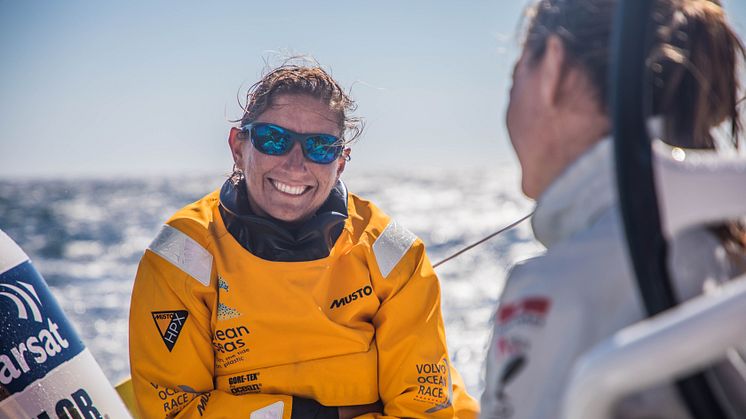
Blog post -
Drinking clean water, or is it?
As an offshore sailor who has spent large periods of time at sea, being able to convert sea water to drinking water is an essential part of life onboard. Desalination is the process by which sea water has salt, bacteria and pollution removed from it to produce drinkable fresh water. For a long time, it was considered that this water was not as safe or healthy as regular tap water, however, opinions are starting to change as more research is carried out on tap water.
It is widely considered that tap water, certainly in the UK, is safe to drink and amongst some of the very best in the world. However, as more and more pollutants end up in our water system, it is becoming increasingly difficult to remove certain substances, even when it has been through the water treatment process.
So, what exactly is in our tap water? Well, to ensure it is safe to drink it is treated with a large number of chemicals to kill bacteria and other micro-organisms. These include, chlorine, fluorosilicic acid, aluminium sulphate, calcium hydroxide, sodium silicofluoride to name a few. Once treated, it then travels through underground pipes before it reaches us - some of the main underground pipes have been in place since Victorian times and many older homes still have lead pipes feeding into them, which could result in heavy metal contamination.
Water companies test for around 20 chemicals, however, over 300 different man-made chemicals have now been detected in British tap water. Although banned in all other European countries, fluoride is still added to around 10% of the UK’s water supply. The aim is to help prevent dental decay, however, there is a potential downside. The thyroid gland is affected by fluoride exposure because its store of iodine is depleted. Lack of iodine depresses the thyroid’s metabolic and immune functions by shutting down production of thyroxine, the thyroid hormone that controls metabolism resulting in hypothyroidism and lowered immunity.
Another addition to tap water is chlorine. In years gone by, epidemics of diseases such as cholera, dysentery, typhus, and hepatitis A killed tens of millions of people all over the world. It wasn't until the mid-19th century that scientists discovered that these were waterborne diseases and a major breakthrough in combating them was through the disinfection of water. Chlorine is used by the water industry worldwide to disinfect and maintain hygienic conditions within the public water supply. The WHO (World Health Organisation) has stated that any risks to health from chlorination by-products are extremely small in comparison with the risks associated with inadequate disinfection.
So, maybe the safest thing would be to only drink bottled water? Well, it is true that bottled water doesn’t contain some of the chemicals that tap water does but it appears that they do contain microplastics. Microplastics are small plastic particles derived from a variety of sources such as cosmetics, clothing, industrial processes, packaging materials and the degradation of larger plastic items. They have now been found in tap water, beer and many other foods.
WHO is reviewing new research that found an average of 10 plastic particles per litre of water, each one larger than a human hair, in ‘almost all’ bottled water brands. At this point in time, there simply hasn’t been enough research carried out on the long term effects of micro plastic consumption.
With research lagging behind, it seems we don’t have enough information to be able to make informed decisions yet but with micro plastics present in water, they are now very much a part of our food chain.
We all need to ask more questions around water pollutants and act on research outcomes. For now, while we are in the dark in some areas, perhaps consuming the cleanest possible water we can is the best way forward.
